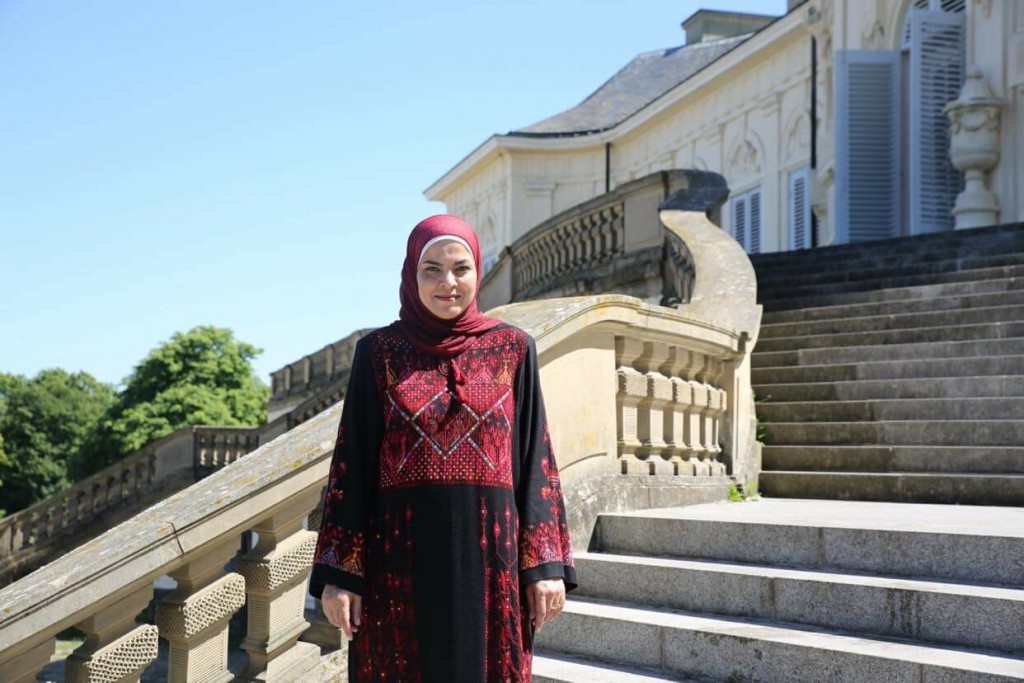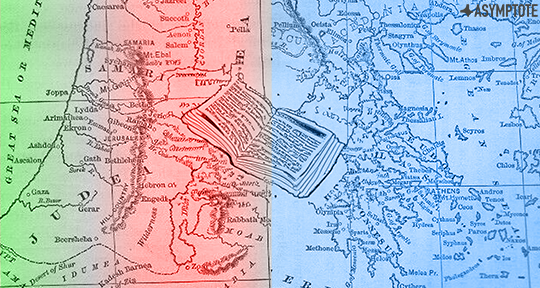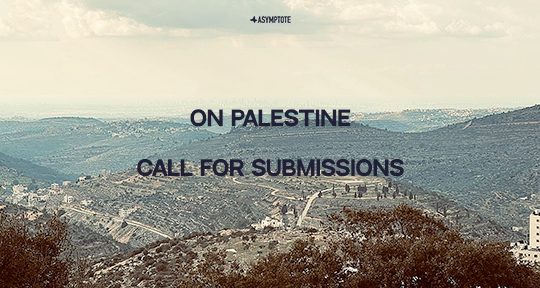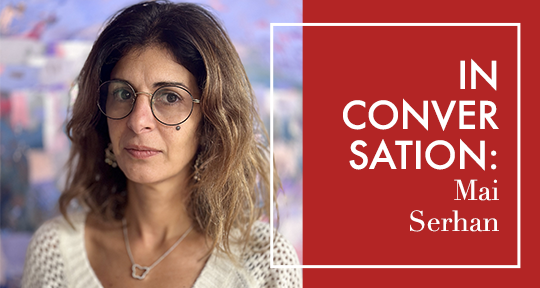Beit Nattif, between Bethlehem and the Mediterranean Sea, was one of the four hundred-plus villages depopulated during the 1948 Nakba, which turned hundreds of thousands of Palestinians into refugees. Mohammad Tarbush was then a child amongst them, hearing whispers of massacres, passing through the ruins, and witnessing the real-time erasure of Palestinian presence. In the years that followed from that formative memory, he would hitchhike his way to Switzerland, study at Oxford, build an incredibly successful career in banking, and continue to use his profound infrastructural and economic experience in advocating for peace, autonomy, and the accurate historicisation and depiction of his native country.
In his final years, Tarbush would work on a memoir that coalesced this remarkable life with his incisive perspective on Palestinian liberation and development; the resulting text, My Palestine: An Impossible Exile, details this lifelong pursuit by contextualising the events and conflicting agendas that followed the devastation of 1948, along with the intimate recollections that harboured always—in the words of his daughter and translator, Nada Tarbush—“a mini-Palestine in exile.” Casting his critical gaze on land agreements, international pacts, closed-door deals, and public calls for resolution, Tarbush precisely delineates the Zionist apparatus, indicts ethical and political failures, and substantiates his ideal of a one-state solution—all stemming from the events of this excerpt, set in the days of the Tarbush family’s displacement. Here, one sees that the impossibility of exile is in its unreality; home is never truly left behind.
And still, no one knew for sure what had become of Beit Nattif and the men left behind there. Everyone hoped that they had either managed to hold out or that their deep knowledge of the countryside, its hidden trails and lairs, had allowed them to escape. And the days dragged on through a tunnel of despair. Mother was seized with restless anxiety, unable to sleep at night, her eyes oddly transfixed in the daytime, constantly peering into the distance.
After the ordeal of the journey to Bethlehem, Grandfather recovered a kind of determined energy that would flare up at times. Almost recovering his old spirit, he would wander off, confident that this time he would get to the truth, would find out for sure when we would be allowed back to Beit Nattif. A figure of nobility back home, here he was merely another shuffling old man, liable to be knocked and jostled in the crush.
‘Let’s go back, Granddad,’ Yousef would whisper when he took him along. READ MORE…










